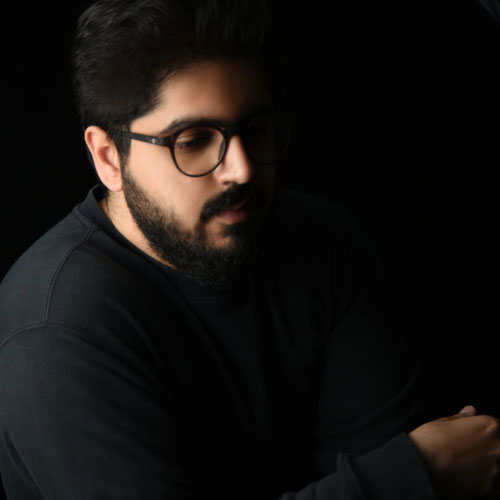
Hussain's Story
Hussain shares his journey with OCD and his recovery through ERP therapy, mindfulness, community, and empowering others.

Hussain shares his journey with OCD and his recovery through ERP therapy, mindfulness, community, and empowering others.
"You are not your OCD. It’s a part of your life, but it doesn’t define you."
About Hussain:
 I am a mental health advocate and the creator of The Struggling Warrior, a platform where I share my personal experiences with Obsessive-compulsive disorder (OCD) to raise awareness and support others navigating similar challenges. Having lived with OCD for most of my life, I’ve dedicated myself to providing resources, such as digital journals, ebooks, and thought logs, to help individuals better understand and manage their condition.
I am a mental health advocate and the creator of The Struggling Warrior, a platform where I share my personal experiences with Obsessive-compulsive disorder (OCD) to raise awareness and support others navigating similar challenges. Having lived with OCD for most of my life, I’ve dedicated myself to providing resources, such as digital journals, ebooks, and thought logs, to help individuals better understand and manage their condition.
Currently, I’m working on an ebook titled Listen Up: OCD is Talking, written from the unique perspective of OCD itself, and other premium tools to empower those fighting OCD to reclaim their lives.
The major turning point in my recovery came when I realized I could no longer let OCD control my life. Seeking professional help and starting therapy—specifically Exposure and Response Prevention (ERP)—was life-changing.
For the first time, I had a roadmap for facing my fears and resisting the compulsions that had kept me trapped for years. Additionally, learning mindfulness techniques and connecting with a community of others who understood OCD gave me the strength to move forward and take back control of my thoughts and actions.
OCD thrives in silence and isolation, so the most important thing you can do is to speak up and seek help. Whether it’s finding a therapist, talking to a friend, or joining a support group, sharing your struggle is the first step toward reclaiming your life.
Remember, recovery isn’t about eliminating every intrusive thought—it’s about changing how you respond to them. Celebrate the small victories, even if they seem insignificant, because those small steps add up to big changes over time.
Most importantly, remind yourself that you are not your OCD. It’s a part of your life, but it doesn’t define you. You have the strength to push through, and with the right support, you can live a full and meaningful life despite OCD.
For more resources, personal insights, and tools to help you manage OCD, visit my website, The Struggling Warrior. You don’t have to face this alone.
Too many men suffer in silence. Become a peer supporter for the men in your life.
In this four-part course (15–20 min each), you’ll learn what effective peer support looks like, how to show up for others, and how to stay grounded while doing so.